
Comparing Housing and Support Models for Adults with Learning Disabilities
An exploratory research project to compare the costs and outcomes of supported living and residential care for people with learning disabilities.
The National Development Team for Inclusion (NDTi) has a vision of a society where all people, regardless of age or disability, are valued and able to live the life they choose. This includes people having choice and control over where they live and the support that they receive.

Through our work across the UK with older people, people with learning disabilities and people with mental health problems it has become clear that despite the range of housing options that exists for people with support needs, there is still an over reliance on traditional forms of housing and support such as residential or nursing care.
Although current health and social care policy and legislation emphasises person-centred approaches and use of community based options (e.g. the Care Act 2014), and discourages residential settings which are segregated from family and communities, this does not appear to be having a significant impact on current patterns. Indeed, it appears that we are currently seeing a shift away from options that offer choice and control, towards more traditional residential care – with these developments being implemented on the rationale that residential care is lower cost.
In order to stimulate debate about the continued over reliance and possible increase in use of residential care, and to encourage more serious exploration and consideration of alternative options, NDTi conducted work to scope, define and describe the different housing and support options available for older people, people with learning disabilities and people with mental health problems.

What happens when you reimagine adult social support from the ground up? Dr Vicky Mason-Angelow shares what happened in Leeds following a two year pilot.

The IncludeAge project, led by Professor Judith Sixsmith at the University of Dundee and funded by the Economic and Social Research Council, works across the UK (Scotland, England and Wales). The project seeks to understand...

In this guest blog, Professor Judith Sixsmith, from IncludeAge at the University of Dundee, explores the value of older LGBT+ people and older people with learning disabilities in everyday communities. Inclusion is not just a...
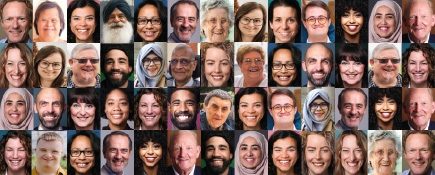
See the person …not a problem needing fixing. Nic Crosby, Small Supports, and Amanda Nally, Community Led Support, explore the need for services to challenge themselves. Are they truly person-centred, or, is it just nice...

Anonymous guest blog: How small acts can make a big difference to neighbours, individuals and communities Winston and Marva live opposite me in one of the Victorian spec. built terraced houses that you see in...
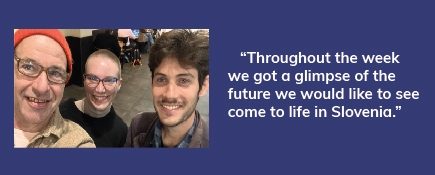
Colleagues from our Small Supports programme recently hosted some visitors from Slovenia who are doing similar work.
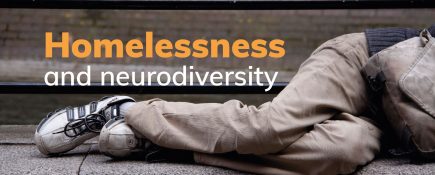
We were asked to do some research about neurodivergent people's experience of homelessness. In this blog, research and evaluation officer Lauren Blood talks about the work.

We caught up with Tanzie who was supported by our Time to Talk Next Steps programme.
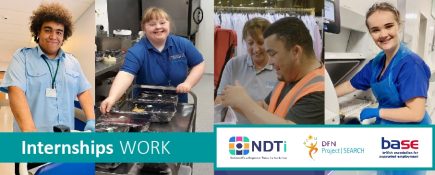
4500 16-25 year olds with special educational needs and disabilities in England are set to benefit from a new, life changing, supported internships programme per year by 2025.
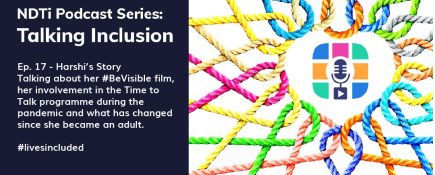
Talking about her #BeVisible film, her involvement with the Time to Talk Programme during the pandemic and what has changed for her since becoming an adult.

Part of a series of work supporting young people with lived experience to lead change as a result of the Time to Talk Next Steps programme.

This report by Dr Victoria Mason-Angelow documents the work and the outcomes undertaken in Leeds by the City Council and ICB partners to develop new small support organisations for people with learning disabilities and/or autistic...
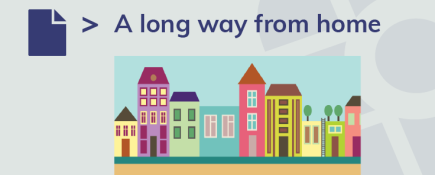
This report is a summary of what the research and evidence tell us about why young people with learning disabilities and/or autistic young people are in residential placements and what can be done to address...

Young people (aged 16 plus) with additional support needs come together to support each other and share common issues and concerns.

People with learning disabilities have the right to choose where they live, and who they live with. We asked people with learning disabilities what it was like moving into their home. We spoke to...
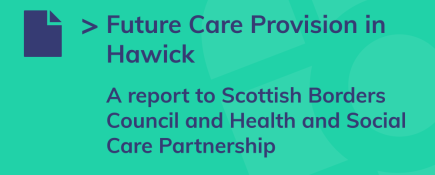
The National Development Team for Inclusion (NDTi) was commissioned by Scottish Borders Council and the Scottish Borders Health and Social Care Partnership (HSCP) to undertake some early engagement work with the Hawick community and key...
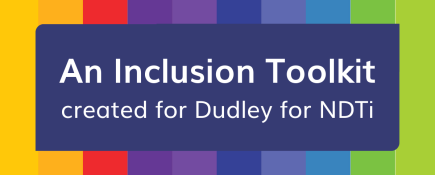
This inclusion toolkit was created for Dudley by NDTi in September 2022, following publication of their Public Health Annual Report on Inclusion in 2020.
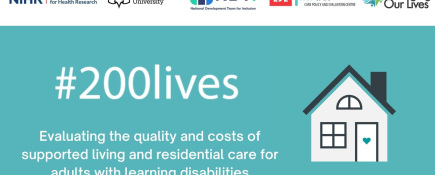
The National Institute for Health Research funded Manchester Metropolitan University in partnership with National Development Team for Inclusion, London School of Economics and Changing Our Lives to do this research. This project has now come...
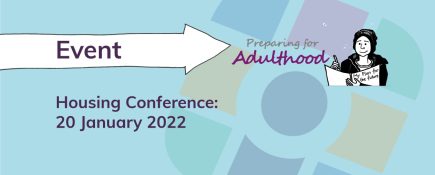
On 20 January 2022, the PfA team delivered an online conference for anyone who wanted to know more about supporting young people with SEND into a place of their own.

NDTi’s autism team collaborated with Buro Happold’s Inclusive Design and Lighting Teams, and the Assistive Technology team within the CAMHS Mental Health taskforce to develop guidance for sensory friendly LED lighting. It is technical and...
Thank you for taking the time to subscribe.